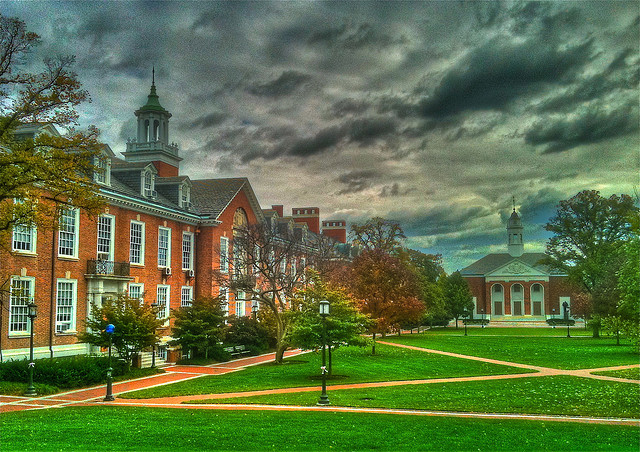Today we borrow from the news section of the Yale Women Faculty Forum. ‘Tis the season to write letters of recommendation, and the data show that gender bias in letters is common, the gender of the writer and the strength of the candidate notwithstanding.
Letters for men tend to be longer and stress their accomplishments (they are four times as likely to mention publications, for example, than letters for women). Meanwhile, letters for women tend to be shorter, are seven times more likely to mention their personal lives, and stress qualities like effort and helpfulness. This one-page resource suggests quick, useful advice based on research: for instance, tilt toward insightful rather than compassionate; use words like resourceful, independent, or skilled rather than diligent. Also, Yale WFF links to this gender bias calculator, which will apparently scan your letter for what it considers flag words (among them teaching and students . . .).
 On the Ides of March we wanted to tip our hat to Women’s History Month.
On the Ides of March we wanted to tip our hat to Women’s History Month. 
 Yes, stories. The editors at Public Books put together this intriguing
Yes, stories. The editors at Public Books put together this intriguing